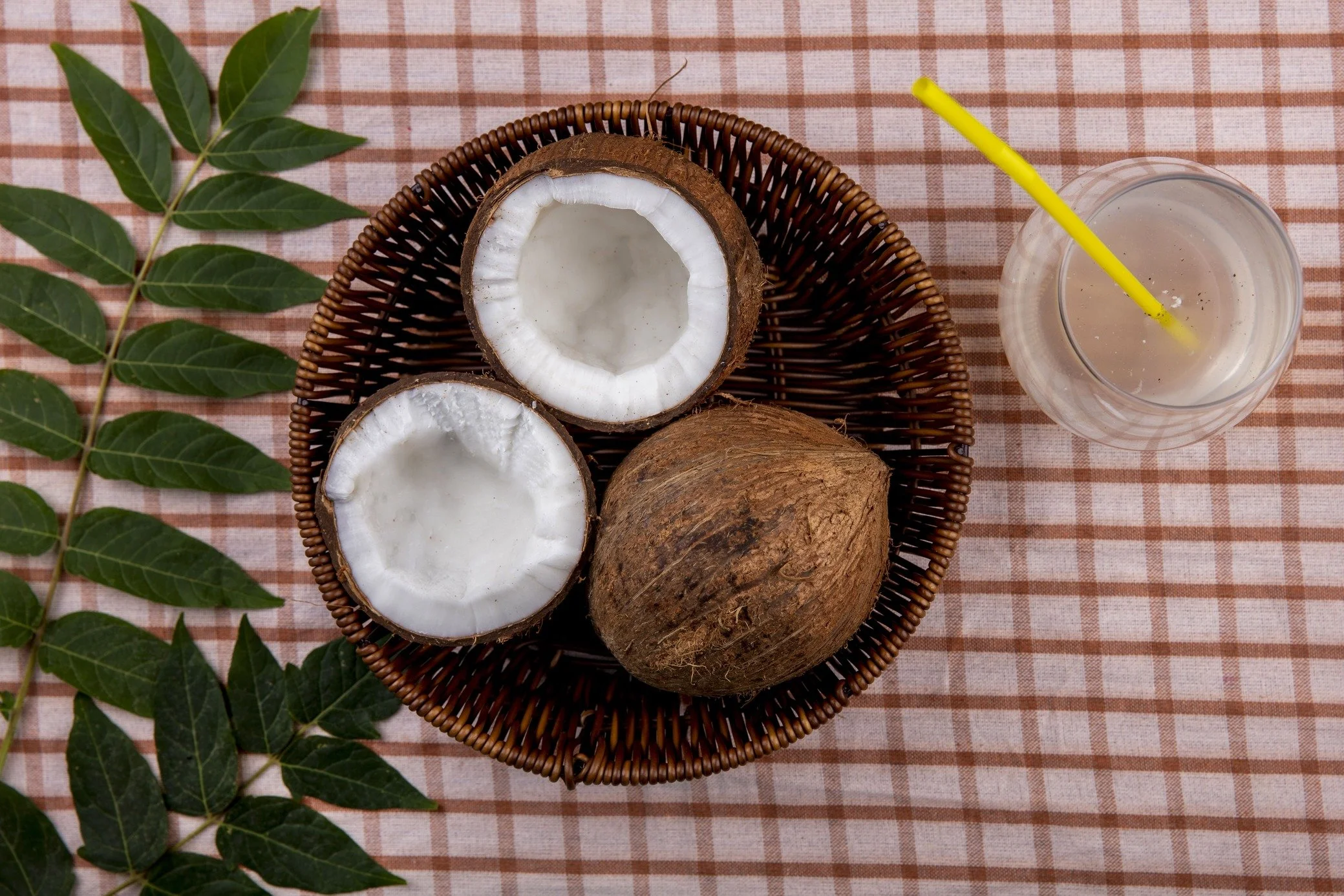Can Monolaurin Contribute to a Healthy Living Routine?
Disclaimer: The research below is offered for information and educational purposes only and is not intended to provide medical advice. See Terms & Conditions
Monolaurin & Living healthy
Article Summary
The article explains that monolaurin works best as part of a balanced lifestyle, not on its own.
It highlights the value of combining it with nutrient-rich foods and healthy fats for absorption, while also noting how exercise, sleep, hydration, and stress management can strengthen its benefits.
Practical guidance on how to start taking monolaurin with small servings and adjusting based on goals and professional advice
Healthy living isn’t about a single choice, it’s about the consistent decisions made each day, from food and movement to rest and mindset. Among the many supplements available, monolaurin, a compound derived from lauric acid in coconut oil, has gained attention as a potential complement to these practices. Understanding how monolaurin may fit into a healthy lifestyle helps frame it not as a quick fix, but as part of a sustainable wellness routine.
Can monolaurin be part of a balanced diet?
Yes! A balanced diet includes whole foods, lean proteins, plant-based fats, fruits, and vegetables. Since monolaurin is fat-soluble, it may be best absorbed alongside nutrient-dense fats such as avocados, nuts, seeds, or olive oil [Ref #1]. Including it in a diverse diet ensures that it works as one element of a broader nutritional plan, rather than a stand-alone solution.
Read more: What Is Monolaurin? Benefits, Uses, and How It Works
Does exercise complement its role?
Regular exercise supports circulation, oxygen delivery, and nutrient transport, all of which help the body efficiently utilise dietary compounds [Ref #2]. While exercise does not change how monolaurin works, movement strengthens the body’s overall wellness foundation.
Incorporating cardiovascular training, resistance workouts, and restorative activities like yoga or stretching can promote energy and resilience. Pairing monolaurin with consistent activity may make it part of a well-rounded wellness plan.
“Exercise helps the body optimize nutrient use and contributes to sustained well-being.” — Mayo Clinic [Ref #2]
Related article: Monolaurin Dosage: A Beginner’s Guide
How does it align with other wellness habits?
Healthy living requires more than diet and exercise, other lifestyle factors play a crucial role. Monolaurin can integrate into a daily plan that emphasises:
Restorative sleep: 7–9 hours per night supports recovery, energy, and mood balance [Ref #3].
Stress balance: Mindfulness, meditation, and relaxation techniques help regulate energy and promote calm.
Hydration: Adequate water intake supports digestion, nutrient absorption, and circulation.
Daily movement: Even light activities such as walking or stretching reinforce consistent wellness practices.
Together, these habits create a synergistic effect, making supplementation more effective within a broader healthy lifestyle.
Should it be used daily or periodically?
The frequency of monolaurin use often depends on personal goals, lifestyle habits, and input from a healthcare professional. Many people choose to take monolaurin daily as part of a consistent wellness plan, believing that regular intake helps it integrate smoothly into their nutritional routine. Others may prefer a short-term or periodic approach, adding it during times when they want extra nutritional support.
If you are new to monolaurin, experts generally recommend starting with a smaller serving size and increasing gradually to find what feels most comfortable. This allows you to monitor your body’s response and adjust accordingly. Consulting a healthcare provider can help tailor a regimen that fits your individual needs, especially if you are combining monolaurin with other supplements or medications.
For more on supplement use and safe practices, you can explore reputable guidance from WebMD and the Mayo Clinic.}
What is its contribution to overall well-being?
Monolaurin is often discussed in the context of supporting lipid balance and helping maintain a healthy internal environment. While research is ongoing, its unique structure as a monoglyceride suggests that it may contribute to sustaining cellular balance and nutrient efficiency.
When combined with a foundation of nutrient-dense foods, regular exercise, hydration, restorative sleep, and effective stress management, monolaurin can act as one element of a larger wellness strategy. These habits work together synergistically, healthy eating fuels the body, exercise improves circulation and nutrient delivery, hydration supports cellular processes, and sleep allows for restoration.
By integrating monolaurin into this broader lifestyle framework, individuals may find it contributes to a greater sense of resilience, balance, and long-term vitality. For additional insights into how nutrition and daily habits affect wellness, see trusted resources such as Mayo Clinic – Healthy Lifestyle and WebMD – Vitamins & Supplements.
Final Thoughts
Healthy living is the product of many small, daily choices. Monolaurin can be one of those choices, working in harmony with diet, exercise, and lifestyle habits to promote balance and resilience. It is not a substitute for healthy living but may act as a supportive element within it
Interested in trying monolaurin?
Consider some of the products located on this external site:
References
Kabara, J.J. (1978). Fatty acids and derivatives as antimicrobial agents. Antimicrobial Agents and Chemotherapy, 14(5), 771–785. https://doi.org/10.1128/AAC.14.5.771
Mayo Clinic. (n.d.). Exercise: 7 benefits of regular physical activity. Retrieved August 2025 from https://www.mayoclinic.org/healthy-lifestyle/fitness/in-depth/exercise/art-20048389
Harvard Health Publishing. (2021). Importance of sleep for health. Retrieved August 2025 fromhttps://www.health.harvard.edu/healthy-sleep/why-sleep-matters


